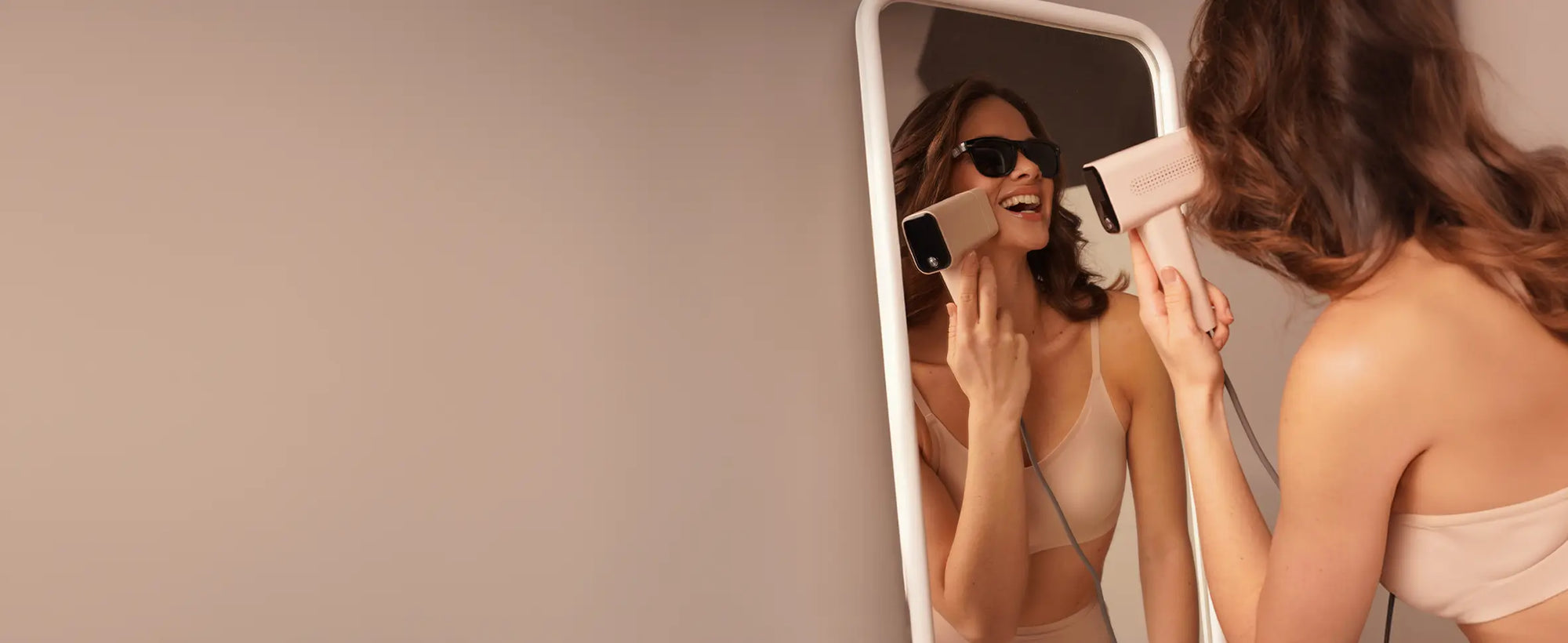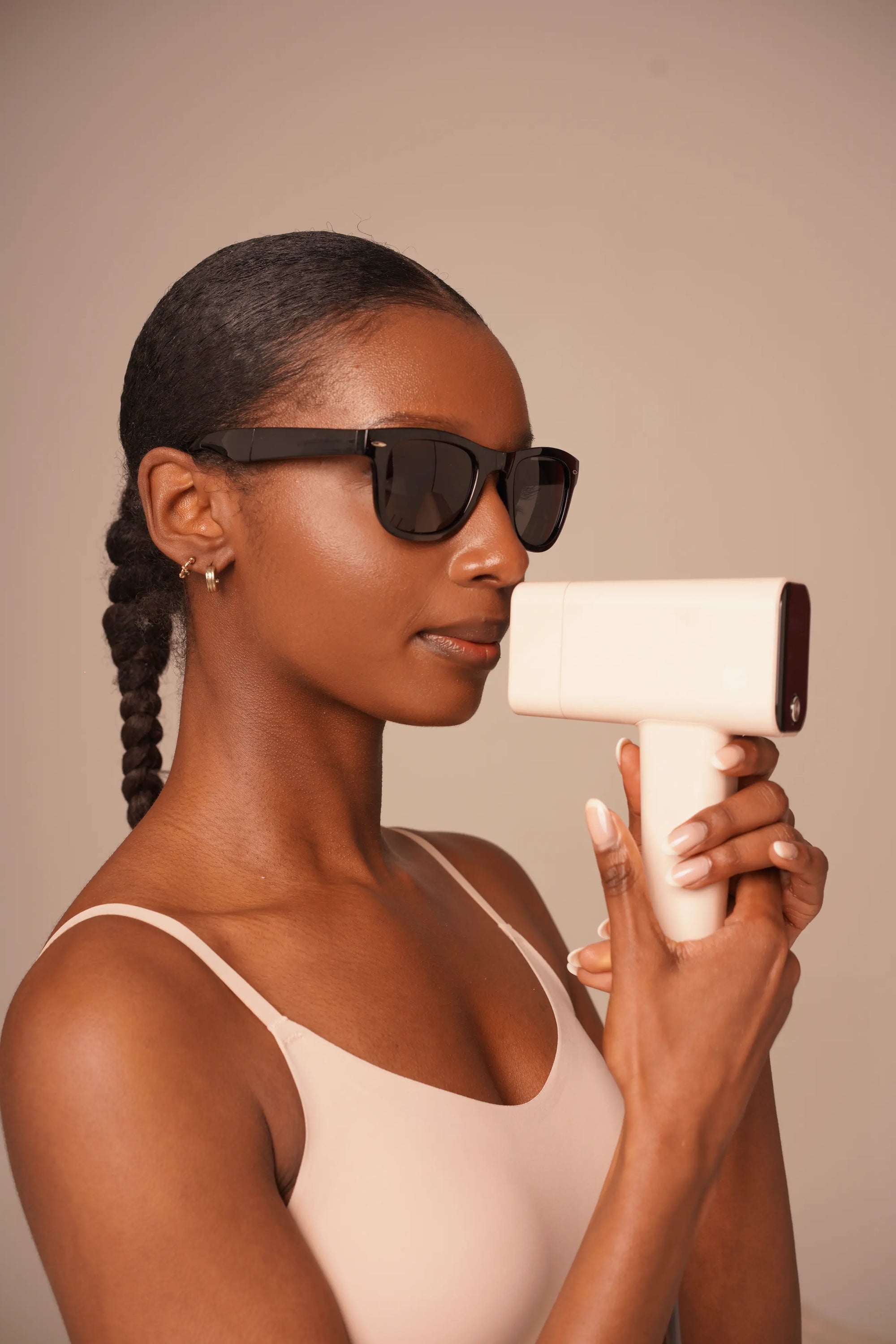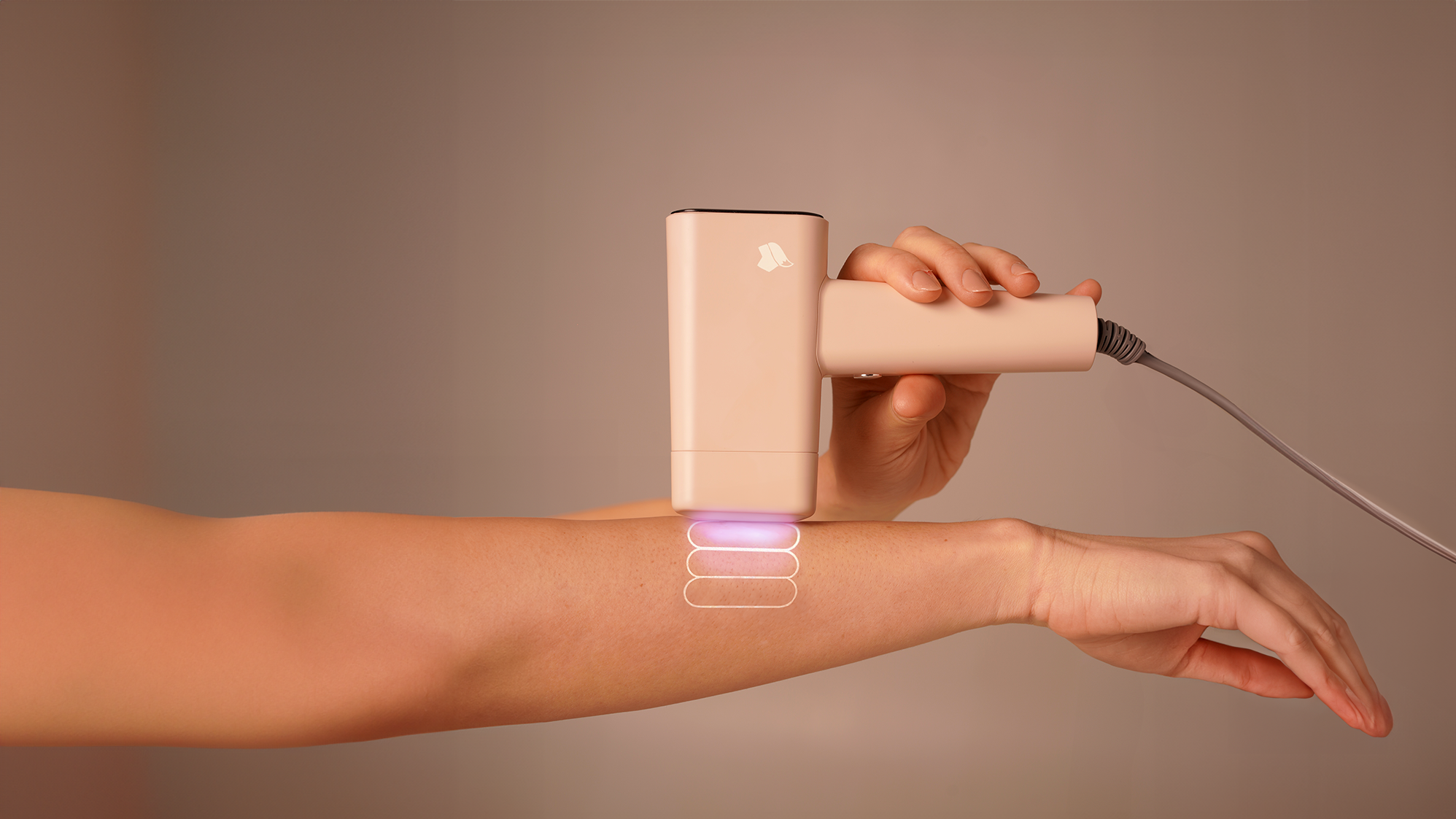Intense Pulsed Light (IPL) devices have become increasingly popular for at-home hair removal, offering a convenient and cost-effective alternative to professional treatments. However, to achieve optimal results and ensure safety, it's crucial to use these devices correctly. This article outlines the top five mistakes to avoid when using IPL at home.
1. Skipping Proper Skin Preparation
Failing to prepare the skin adequately can reduce the effectiveness of IPL treatments and increase the risk of side effects. Before each session:
-
Shave the treatment area 24 hours in advance to remove surface hair while preserving the hair follicle.
-
Cleanse the skin to remove oils, lotions, and deodorants that may interfere with the light energy.
-
Avoid waxing, plucking, or epilating, as these methods remove the hair root, which is necessary for IPL to be effective.
2. Using Incorrect Intensity Settings
Selecting the wrong intensity level can lead to discomfort or insufficient results. Most IPL devices offer adjustable settings based on skin tone and hair color:
-
Start with the lowest setting and gradually increase as tolerated.
-
Use built-in skin tone sensors, if available, to determine the appropriate intensity.
-
Consult the user manual for guidance on setting selection.
3. Ignoring Sun Exposure Guidelines
Sun exposure before or after IPL treatments can increase the risk of skin damage:
-
Avoid sunbathing or tanning for at least two weeks before and after treatments.
-
Apply broad-spectrum sunscreen to protect treated areas from UV radiation.
-
Refrain from using IPL on sunburned or tanned skin, as this can lead to burns or hyperpigmentation.
4. Inconsistent Treatment Intervals
Adhering to a consistent treatment schedule is vital for effective hair reduction:
-
Follow the manufacturer's recommended intervals, typically every two weeks for the initial phase.
-
Understand the hair growth cycle, as IPL is most effective during the active growth phase.
-
Maintain a treatment log to track sessions and monitor progress.
5. Overlooking Post-Treatment Care
Proper aftercare ensures skin recovery and enhances treatment outcomes:
-
Apply soothing lotions or aloe vera gel to calm the skin.
-
Avoid hot showers, saunas, and strenuous exercise for 24 hours post-treatment.
-
Do not use harsh skincare products on treated areas for a few days.
Using IPL devices at home can be an effective method for long-term hair reduction when done correctly. By avoiding these common mistakes—improper skin preparation, incorrect intensity settings, neglecting sun exposure guidelines, inconsistent treatment intervals, and inadequate post-treatment care—you can maximize the benefits of your IPL treatments while minimizing potential risks.
References
- Women's Health Magazine. "How To Use A Laser Hair Removal Device At Home: Expert Tips."
-
Konmison. "IPL Hair Removal Device How to Use Tips."



